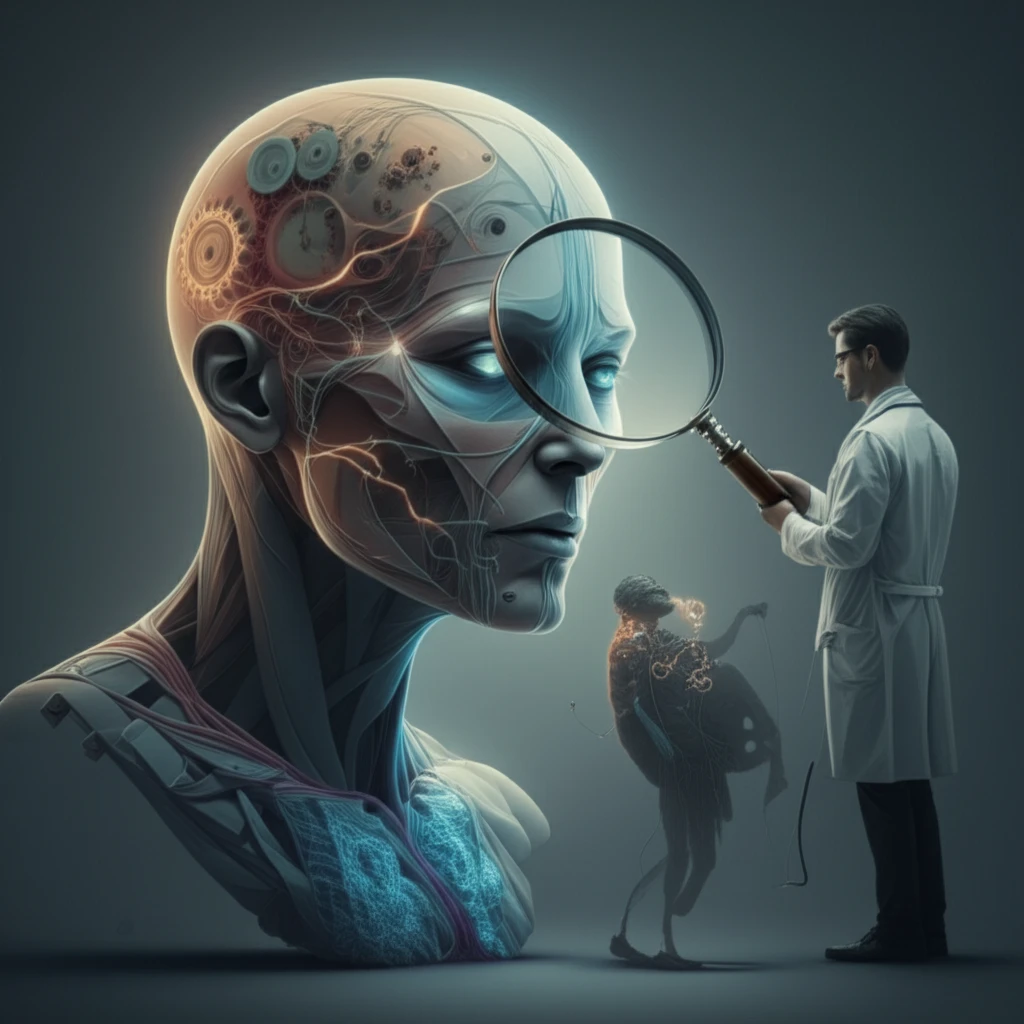
Decoding Diagnosis: How Metaphors Shape Our Understanding of Health
"Explore the surprising role of metaphors in medical diagnosis, treatment, and how they impact patient understanding and emotional well-being."
In the realm of medicine, we often think of diagnosis as a purely scientific process, relying on objective data and rigorous analysis. However, beneath the surface of medical terminology lies a powerful force: metaphor. Metaphors are not just linguistic devices; they shape our understanding of complex concepts, influence our perceptions, and ultimately impact the way we approach health and illness.
This article explores the fascinating role of metaphors in medical diagnosis and treatment, revealing how these figures of speech influence both doctors and patients. From describing symptoms to explaining complex procedures, metaphors permeate the medical field, often in ways we don't fully realize.
By understanding the power of metaphor, we can gain a deeper appreciation for the art and science of medicine, improve communication between healthcare providers and patients, and foster a more holistic approach to health and well-being.
The Doctor as Detective: Uncovering Hidden Clues

One of the most common metaphors used to describe the diagnostic process is that of the doctor as a detective. Just like a detective piecing together clues to solve a crime, a doctor gathers information from various sources – patient history, physical examination, and lab results – to identify the underlying cause of a patient's symptoms.
- Problem-Solvers: Many doctors view themselves as problem-solvers, working to decipher complex medical puzzles.
- Detectives: Some doctors embrace the detective metaphor, emphasizing the investigative nature of their work.
- Fishing: Another metaphor depicts diagnosticians as "fishing," either trawling for data with a wide net of tests or using a targeted line of inquiry based on initial hypotheses.
Embracing Metaphor for Better Healthcare
Metaphors are powerful tools that shape our understanding of health and illness. By becoming more aware of the metaphors we use, both consciously and unconsciously, we can improve communication between doctors and patients, foster a more holistic approach to healthcare, and empower individuals to take control of their health journeys. The art of medicine lies not only in scientific expertise but also in the ability to connect with patients on a human level, using language that resonates with their experiences and fosters a sense of shared understanding.
